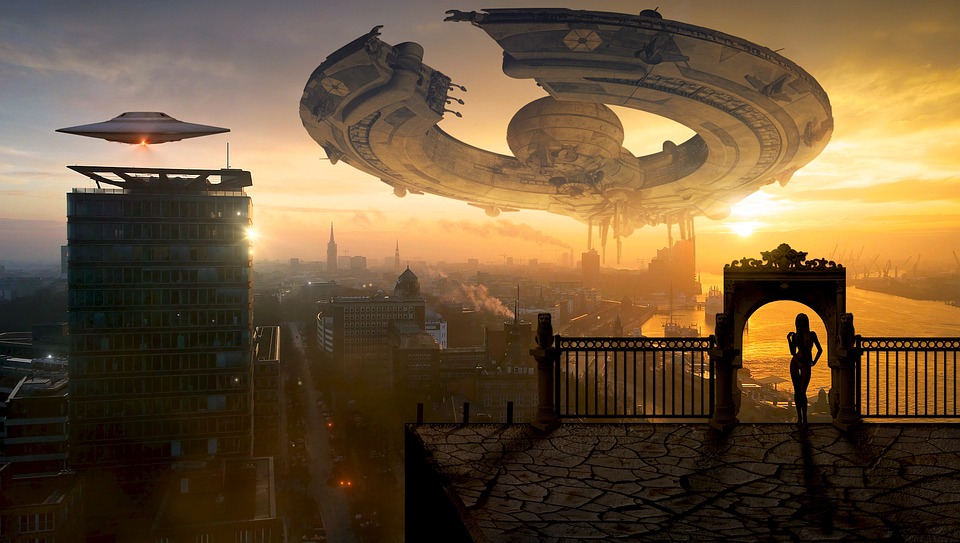Exploring the Nature of Reality: What Is Real and What Is Illusion?
Reality is a complex and multifaceted concept that has puzzled philosophers, scientists, and thinkers for centuries. From ancient Greek philosophers like Plato and Aristotle to modern-day physicists like Albert Einstein and Stephen Hawking, the question of what is real and what is illusion has been a central theme of intellectual inquiry. In this article, we will delve into the nature of reality, exploring different perspectives and theories that seek to understand the fabric of existence.
The Nature of Reality
At its most basic level, reality can be defined as the state of things as they actually exist, as opposed to how they might appear or be perceived. However, this simple definition belies the complexity of the concept, as reality is shaped by a myriad of factors, including perception, consciousness, and physical laws.
One fundamental question that arises when examining the nature of reality is whether the world we perceive is the same as the world that actually exists. This question, known as the problem of perception, has been a source of debate among philosophers for centuries. Some argue that our perceptions accurately reflect reality, while others believe that our senses can be easily deceived, leading us to misconstrue the true nature of existence.
Another key aspect of reality is the role of consciousness in shaping our experience of the world. According to some philosophical schools of thought, consciousness is a fundamental aspect of reality, with the capacity to shape and influence the physical world. This idea is explored in depth in Eastern philosophical traditions like Buddhism and Hinduism, which posit that consciousness is the ultimate reality, and that the physical world is a mere illusion.
The Illusion of Reality
One of the most provocative theories about the nature of reality is the idea that the world we perceive is an illusion, a mere construct of our minds. This concept, known as idealism, suggests that the physical world is not real in the traditional sense, but rather a manifestation of our thoughts, beliefs, and perceptions.
One famous proponent of idealism was the German philosopher George Berkeley, who argued that the only things that exist are minds and their ideas. According to Berkeley, physical objects are nothing more than collections of ideas, which cease to exist when they are not being perceived. This radical view of reality challenges our conventional understanding of the world, raising questions about the nature of existence and the limits of human perception.
Another theory that challenges our notions of reality is the simulation hypothesis, which posits that the world we inhabit is actually a computer simulation created by a more advanced civilization. This idea, popularized by philosopher Nick Bostrom, suggests that the physical world is a Virtual reality, akin to a sophisticated video game. While this theory may seem far-fetched, it raises intriguing questions about the nature of reality and the limits of human knowledge.
FAQs
What is reality?
Reality can be defined as the state of things as they actually exist, as opposed to how they might appear or be perceived.
Is the world we perceive the same as the world that actually exists?
This question, known as the problem of perception, has been a source of debate among philosophers for centuries. Some argue that our perceptions accurately reflect reality, while others believe that our senses can be easily deceived, leading us to misconstrue the true nature of existence.
What is idealism?
Idealism is the theory that the world we perceive is an illusion, a mere construct of our minds. This concept suggests that the physical world is not real in the traditional sense, but rather a manifestation of our thoughts, beliefs, and perceptions.
What is the simulation hypothesis?
The simulation hypothesis posits that the world we inhabit is actually a computer simulation created by a more advanced civilization. This theory raises intriguing questions about the nature of reality and the limits of human knowledge.

